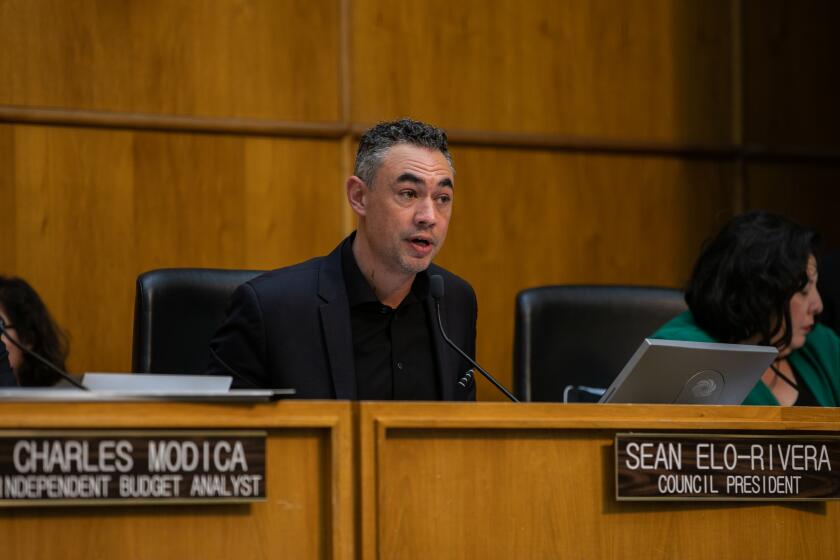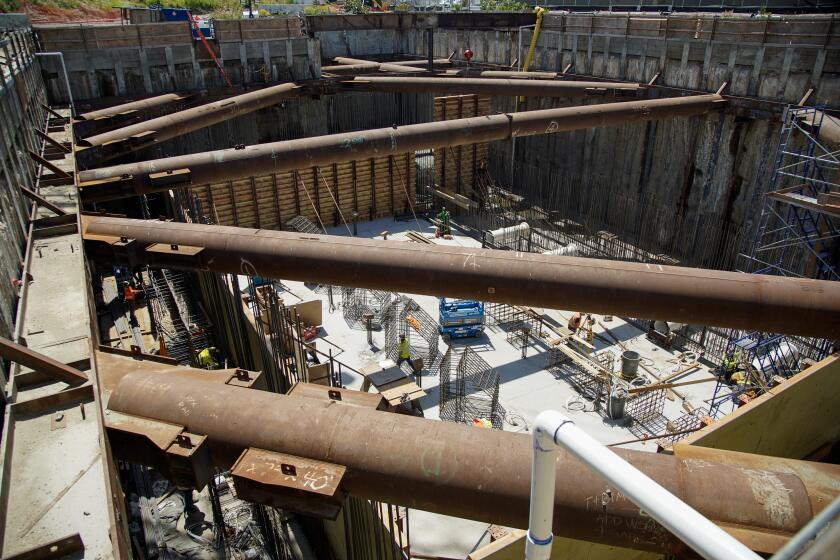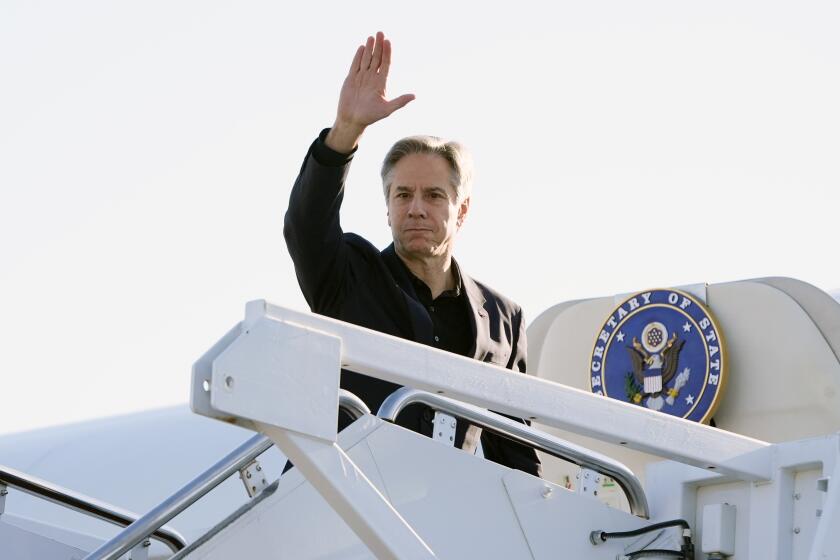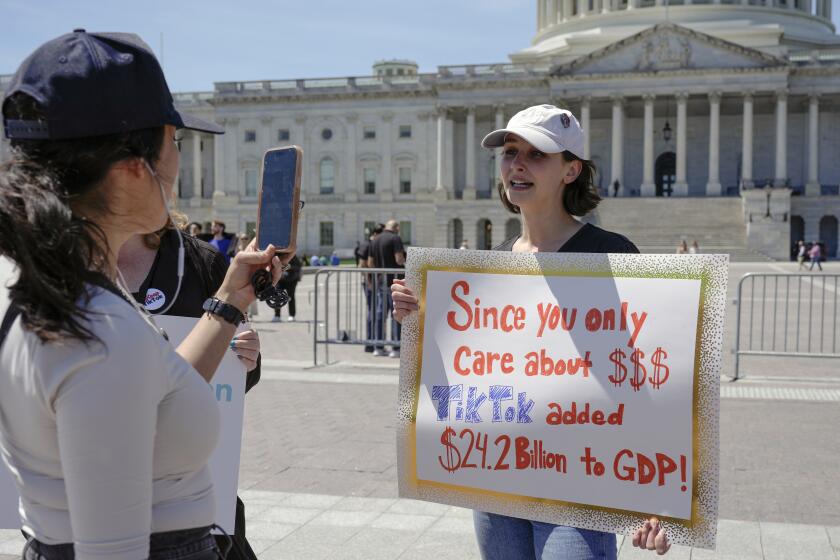Audit: Library resources need more equity
Library resources in San Diego aren’t distributed equitably among the city’s 36 branches and part of the blame goes to a “matching funds” policy for donations, according to an analysis by the city auditor.
Private donations essentially have a double impact because the city matches them, widening funding gaps between branches with small donation totals, such as Paradise Hills with $73 last year, and branches with high totals, such as La Jolla with $57,432 last year.
Library officials should revamp that policy, more thoroughly evaluate staffing levels at individual branches and conduct more community outreach so less money is wasted on unpopular programs, auditor Eduardo Luna said in an 80-page report.
Luna recommends that a percentage of the matching funds, which totaled $790,000 last year, be pooled and then donated to branches with the least amount of overall resources.
Library staff have agreed to make such a change, noting that they’ve already had a pooling policy for donations that are specifically earmarked for books and other materials at branches.
Half of those matching funds go directly to the branch receiving the donation, while half go into a pool that gets spread to branches with fewer resources. But no such policy exists for donations earmarked for programs or equipment.
Misty Jones, head of the city’s library system, said revamping the policy makes sense based on equity concerns, but warned that such a change could shrink overall contributions by softening the incentive of matching funds for some branch-focused donors.
“It’s a fine balance,” Jones told the City Council’s Audit Committee on Wednesday. “I can see the pros and cons of both.”
Jones also stressed there are many other reasons why resources aren’t distributed equitably among San Diego’s branches, such as the size of a branch, when it was built and how many people it serves.
Smaller branches have room for fewer computer terminals, author forums and other programs, while older branches often lack modern wiring and other amenities needed for technological upgrades.
That’s one reason why the Kensington-Normal Heights branch made the list of the 10 branches receiving the least resources per capita, despite finishing second to La Jolla in donations last year with $41,638.
The Kensington branch is 2,318 square feet – less than one-tenth the size of many other branches — and was built in 1936.
The Rancho Peñasquitos branch is relatively new, much larger than Kensington at 20,650 square feet and finished middle of the pack in donations. But Rancho Peñasquitos also made the list of branches receiving the least resources per capita because it serves more residents than any other branch at 81,110.
The other branches that made the list all were near the bottom in donations: Mountain View received $32; Paradise Hills $73; Otay Mesa-Nestor $210; San Ysidro $590; City Heights $2,181; Balboa $2,191; Rolando $2,926; and Oak Park $3,417.
Jones has agreed to work with the city’s Independent Budget Analyst, Andrea Tevlin, to select a percentage of the matching funds that will be pooled in the future. Of the $790,000 in matching funds last year, $403,000 were spent system wide because a large share of donations were given to the entire library system, not an individual branch.
On staffing, the auditor recommends library officials thoroughly study whether the system’s 830 employees, including many part-timers, are being efficiently deployed at branches. The audit said that without conducting such a statistical analysis the library system was at risk of having too many workers at branches where they’re not needed and not enough workers at branches where they’re needed.
The analysis will also take into account that more than 4,000 volunteers contribute roughly 160,000 hours of service each year to the library, which the city values at $3.5 million.
The audit stressed that optimal use of personnel is crucial to an efficient system, noting that 70 percent of the library’s annual $51 million budget is devoted to employee compensation.
Jones said the timing makes sense for such an analysis because branch hours have been significantly increased over the last two years after being slashed during the Great Recession.
On outreach, the audit said many branch programs had notably low attendance and suggested that more robust feedback from the public could help the library spend taxpayer money more wisely on popular programs.
Jones said the new city budget approved by the council on June 13 includes money for three new employees to oversee outreach and community programming efforts.
Get Essential San Diego, weekday mornings
Get top headlines from the Union-Tribune in your inbox weekday mornings, including top news, local, sports, business, entertainment and opinion.
You may occasionally receive promotional content from the San Diego Union-Tribune.












